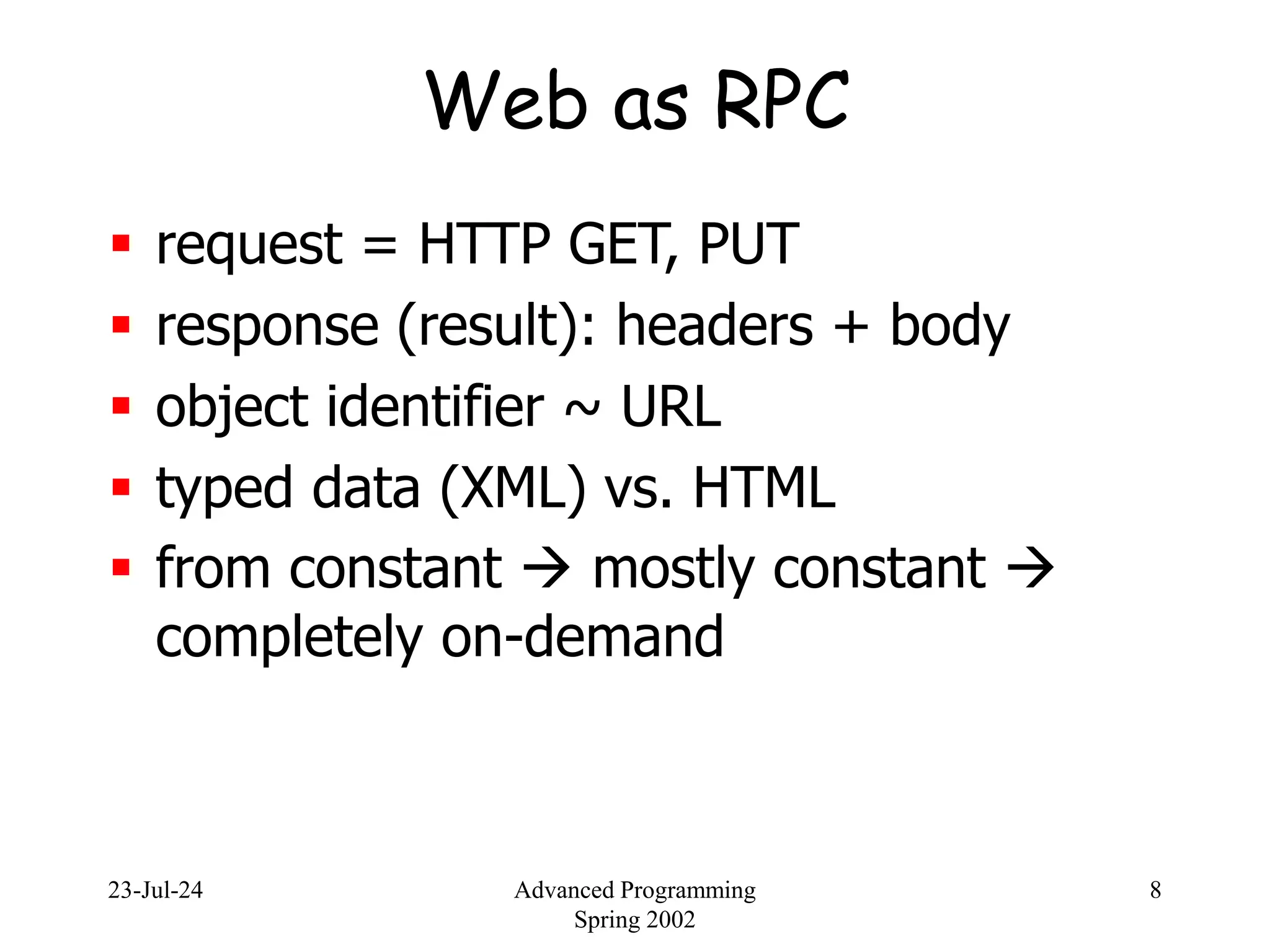Let’s dive into something that most of us use every day but might not fully understand—web browsers. You know, that little window on your screen where you type in "how to fix my Wi-Fi" or "best pizza near me." But have you ever stopped to think about what exactly a web browser is? If the answer is no, don’t sweat it—you’re not alone. In this article, we’re breaking it down for you in simple terms so you can master the basics of web browsers like a pro.
Picture this: you’re cruising the internet, clicking links, watching videos, and scrolling through memes. All of that happens inside a web browser. But what makes it tick? And why does it matter which one you choose? These are questions we’ll tackle today because understanding the fundamentals can make your online experience smoother and more secure.
So, whether you’re a tech enthusiast or just someone who wants to stay informed, this article is here to guide you. Let’s get started on mastering the basics of web browsers, one step at a time. No jargon, no fluff—just clear, actionable info.
- What Is Wpcnt The Ultimate Guide To Understanding And Maximizing Its Potential
- Unveiling The Magic Of Age Of Wonders 4 A Comprehensive Guide
Table of Contents
- What is a Web Browser?
- The History of Web Browsers
- How Web Browsers Work
- Popular Web Browsers
- Choosing the Right Browser
- Browser Security and Privacy
- Browser Performance
- Browser Extensions and Add-ons
- The Future of Web Browsers
- Tips for Mastering Web Browsers
What is a Web Browser?
A web browser is basically the tool that lets you access the internet. Think of it as your trusty sidekick when you’re navigating the vast world wide web. It’s the software that fetches websites, displays them, and lets you interact with their content. Without a browser, the internet would be… well, impossible to use.
Here’s the deal: when you type a URL into the address bar—say, www.example.com—your browser sends a request to a server asking for that specific website. Once the server responds with the data, your browser translates it into something you can see and interact with. Pretty cool, huh?
But not all browsers are created equal. Some are faster, others are more secure, and a few even come with built-in features to make your life easier. We’ll get into that later, but for now, just know that your choice of browser can impact your overall internet experience.
- Where Is Bossman Dlow From Uncovering The Life And Journey Of A Prominent Figure
- A Closer Look At Bob Marleys Children Exploring His Family Legacy
The History of Web Browsers
Back in the day, before the internet was as widespread as it is today, browsing the web was a whole different story. The first web browser, called WorldWideWeb (later renamed Nexus), was created by Tim Berners-Lee in 1990. Yeah, that’s right—just over three decades ago, this whole thing started with one guy and a big idea.
Fast forward to the mid-90s, and you’ve got the browser wars heating up between Netscape Navigator and Microsoft Internet Explorer. These two were going head-to-head, trying to dominate the market. Spoiler alert: Internet Explorer won, thanks to being bundled with Windows operating systems.
But the story doesn’t end there. Enter Firefox in 2002, Chrome in 2008, and Safari in 2003, each bringing their own innovations to the table. Today, we have a wide array of options, and the competition keeps pushing developers to create better, faster, and safer browsers.
Key Milestones in Browser History
- 1990: WorldWideWeb (Nexus) is born.
- 1994: Netscape Navigator launches.
- 1995: Internet Explorer enters the scene.
- 2003: Apple introduces Safari.
- 2008: Google Chrome makes its debut.
How Web Browsers Work
Alright, let’s break it down a bit further. When you open a web browser and type in a URL, here’s what happens behind the scenes:
- Your browser sends an HTTP request to the website’s server.
- The server responds with the website’s files, including HTML, CSS, and JavaScript.
- Your browser processes these files and renders them into the webpage you see.
Now, this might sound complicated, but your browser does all of this in the blink of an eye. And it’s not just about displaying text and images; modern browsers can handle videos, interactive forms, and even virtual reality experiences.
One important thing to note is that browsers use rendering engines to translate code into visual content. For example, Chrome uses Blink, while Firefox uses Gecko. These engines are what make sure websites look and function correctly across different devices.
Popular Web Browsers
With so many options out there, it’s easy to get overwhelmed. Here’s a quick rundown of some of the most popular web browsers:
Google Chrome
Chrome is the king of the hill right now, with over 60% market share. It’s known for its speed, simplicity, and extensive library of extensions. Plus, it integrates seamlessly with other Google services, making it a favorite among Android users.
Mozilla Firefox
Firefox is the browser for privacy enthusiasts. It offers strong privacy protections and is open-source, meaning anyone can contribute to its development. It’s also highly customizable, so you can tweak it to suit your needs.
Apple Safari
If you’re an Apple fan, Safari is your go-to browser. It’s optimized for macOS and iOS devices, offering smooth performance and energy efficiency. Plus, it’s packed with privacy features that keep your data safe.
Microsoft Edge
Edge has come a long way since its early days. Now based on the Chromium engine, it offers a balance of speed, security, and compatibility with other browsers. It’s a solid choice for Windows users who want a reliable alternative to Chrome.
Choosing the Right Browser
So, how do you pick the best browser for your needs? Here are a few factors to consider:
- Speed: If you want a browser that loads pages quickly, Chrome and Edge are great options.
- Privacy: For those concerned about data protection, Firefox and Safari are top choices.
- Customization: If you love tweaking settings and adding extensions, Firefox and Chrome offer tons of flexibility.
- Compatibility: If you use a lot of web apps or services, Chrome and Edge tend to work better with them.
Ultimately, the best browser is the one that fits your lifestyle and preferences. Don’t be afraid to try out a few before settling on one.
Browser Security and Privacy
Security and privacy are major concerns in today’s digital world. Luckily, modern browsers come equipped with features to protect you from threats like malware, phishing, and tracking. Here are a few things to look for:
- HTTPS encryption: Ensure your browser supports secure connections to websites.
- Ad-blockers: Many browsers offer built-in ad-blocking or allow you to install extensions for this purpose.
- Tracking protection: Some browsers, like Firefox and Safari, have robust tools to block third-party trackers.
Remember, no browser is completely foolproof. Always practice safe browsing habits, like avoiding suspicious links and keeping your software up to date.
Browser Performance
Performance is another key factor when choosing a browser. Factors like memory usage, startup time, and tab management can make a big difference in how smoothly your browser runs.
For example, Chrome is known for its speed but can be a memory hog. Firefox, on the other hand, has improved its performance significantly in recent years, offering a good balance between speed and resource usage.
Another tip: close unused tabs to free up memory and keep your browser running smoothly. Trust me, your computer will thank you.
Browser Extensions and Add-ons
Extensions are like superpowers for your browser. They can enhance your productivity, improve your security, and even add fun features like ad-blocking and password management.
Some popular extensions include:
- AdBlock Plus
- Grammarly
- uBlock Origin
- Dark Reader
Just be cautious when installing extensions from unknown sources. Stick to reputable stores like Chrome Web Store or Firefox Add-ons to avoid potential security risks.
The Future of Web Browsers
As technology evolves, so do web browsers. We’re seeing advancements in areas like artificial intelligence, augmented reality, and voice control, all of which could change the way we interact with the web.
Imagine a browser that can anticipate your needs, suggest content based on your preferences, or even translate languages in real-time. These aren’t just sci-fi ideas—they’re possibilities on the horizon.
So, keep an eye on browser updates and new releases. You never know what cool features might be coming your way.
Tips for Mastering Web Browsers
Finally, here are a few tips to help you get the most out of your web browser:
- Learn keyboard shortcuts to navigate faster.
- Clear your cache and cookies regularly to improve performance.
- Use bookmarks to save your favorite sites.
- Enable developer tools if you’re into coding or troubleshooting.
By mastering these basics, you’ll be well on your way to becoming a web browser guru. And who knows? Maybe one day you’ll even impress your friends with your browser knowledge.
Conclusion
There you have it—a comprehensive guide to mastering the basics of web browsers. From understanding what they are to choosing the right one for your needs, we’ve covered it all. Remember, your browser is more than just a tool—it’s your gateway to the internet.
So, take some time to explore the options, try out new features, and make your browsing experience as smooth and secure as possible. And if you found this article helpful, don’t forget to share it with others or leave a comment below. Let’s keep the conversation going!


